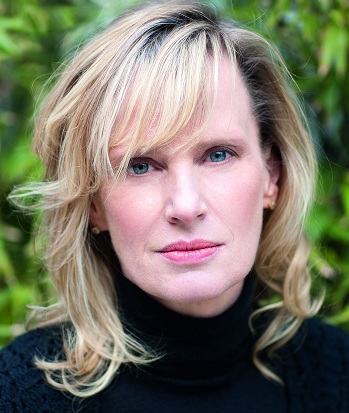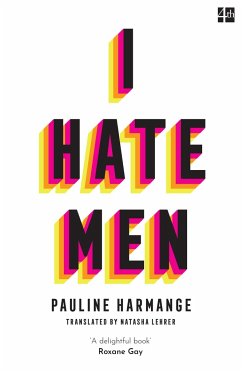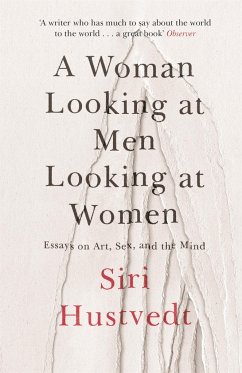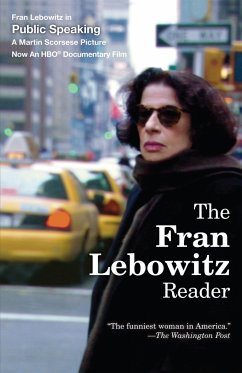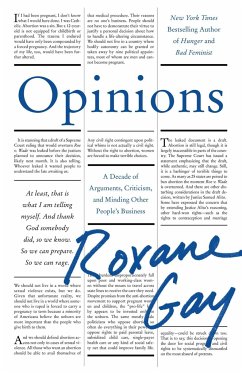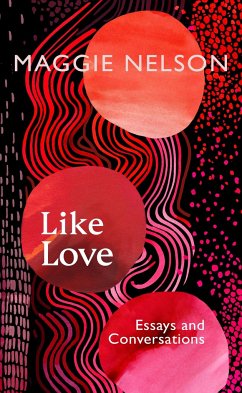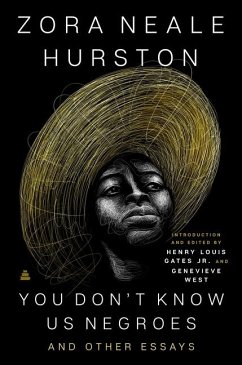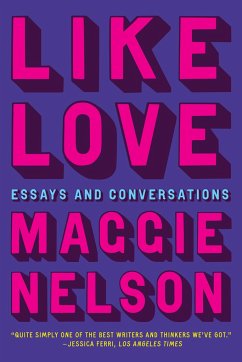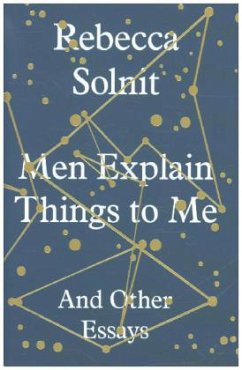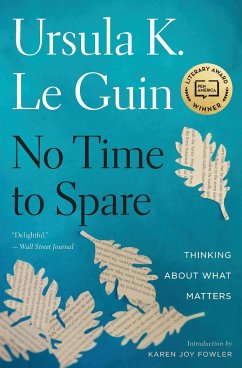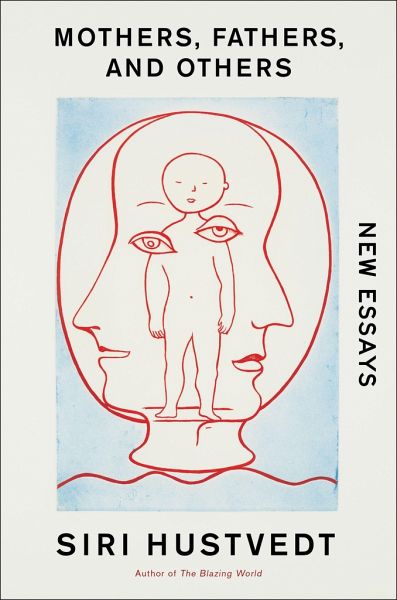
Mothers, Fathers, and Others
Essays
Versandkostenfrei!
Sofort lieferbar
12,99 €
inkl. MwSt.
Weitere Ausgaben:

PAYBACK Punkte
6 °P sammeln!
Feminist philosophy and family memoir merge in this new essay collection from award-winning author Siri Hustvedt, an exploration of the shifting borders that define human experience, including boundaries we usually take for granted-between ourselves and others, nature and nurture, viewer and artwork-which turn out to be far less stable than we imagine.Described as "a 21st-century Virginia Woolf" in The Literary Review (UK), Siri Hustvedt displays her expansive intellect and interdisciplinary knowledge in this collection that moves effortlessly between stories of her mother, grandmother, and da...
Feminist philosophy and family memoir merge in this new essay collection from award-winning author Siri Hustvedt, an exploration of the shifting borders that define human experience, including boundaries we usually take for granted-between ourselves and others, nature and nurture, viewer and artwork-which turn out to be far less stable than we imagine.
Described as "a 21st-century Virginia Woolf" in The Literary Review (UK), Siri Hustvedt displays her expansive intellect and interdisciplinary knowledge in this collection that moves effortlessly between stories of her mother, grandmother, and daughter to artistic mothers, Jane Austen, Emily Brontë, and Louise Bourgeois, to the broader meanings of the maternal in a culture shaped by misogyny and fantasies of paternal authority. Mothers, Fathers, and Others is a polymath's journey into urgent questions about familial love and hate, human prejudice and cruelty, and the transformative power of art.
This moving, fierce, often funny book is finally about the fact that being alive means being in states of constant, dynamic exchange with what is around us and that the impulse to draw hard and fast conceptual borders where none exist carries serious theoretical and political dangers.
Described as "a 21st-century Virginia Woolf" in The Literary Review (UK), Siri Hustvedt displays her expansive intellect and interdisciplinary knowledge in this collection that moves effortlessly between stories of her mother, grandmother, and daughter to artistic mothers, Jane Austen, Emily Brontë, and Louise Bourgeois, to the broader meanings of the maternal in a culture shaped by misogyny and fantasies of paternal authority. Mothers, Fathers, and Others is a polymath's journey into urgent questions about familial love and hate, human prejudice and cruelty, and the transformative power of art.
This moving, fierce, often funny book is finally about the fact that being alive means being in states of constant, dynamic exchange with what is around us and that the impulse to draw hard and fast conceptual borders where none exist carries serious theoretical and political dangers.




